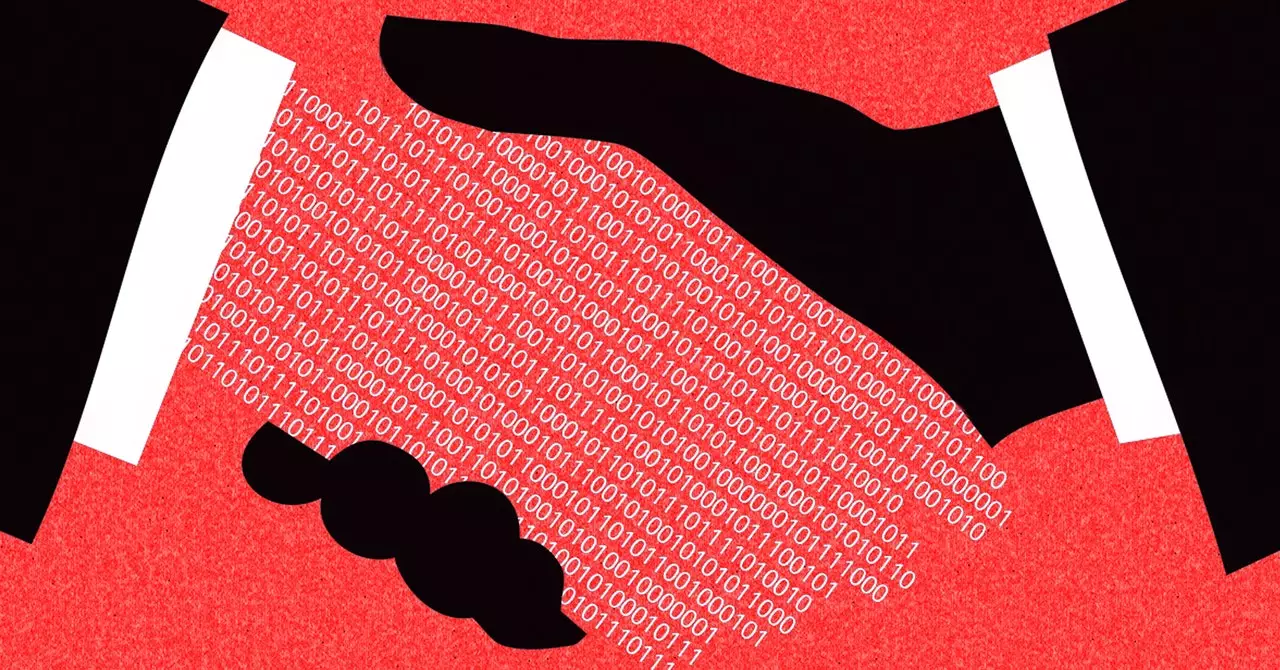In an era marked by rapid advancements in artificial intelligence (AI), the use of vast online resources, particularly content hosted on platforms like YouTube, has become a focal point of debate. Traditionally, AI companies have capitalized on videos, captions, and other digital content without securing permission, raising ethical and legal concerns. However, as the industry evolves, the necessity for a structured, legal framework has become increasingly apparent. Calliope Networks steps into this gap with its innovative program, “License to Scrape,” which aims to empower YouTube creators by providing a legitimate means to license their content for AI training purposes.
Dave Davis, the CEO of Calliope Networks, envisions a platform that addresses the clear demand from AI companies while simultaneously protecting the rights of content creators. Rather than scraping content unilaterally, which has been the prevailing modus operandi, Calliope intends to facilitate a process whereby content creators can engage in formal agreements with AI companies. This groundbreaking system could redefine the relationship between content creators and AI developers, fostering a more respectful and mutually beneficial exchange.
The core challenge facing this initiative is the recruitment of a substantial number of YouTube influencers willing to join the platform. Davis suggests that achieving a critical mass – estimated between 25,000 to 50,000 hours of content – is essential for attracting the attention of AI companies looking to utilize these resources. This emphasis on volume mirrors the dynamics of the traditional entertainment industry, where aggregate content is often more appealing to larger corporations.
Licensing in the entertainment sector is not a novel concept; organizations like Broadcast Music Inc. (BMI) and the American Society of Composers, Authors, and Publishers (ASCAP) have long used blanket licenses to simplify the process of using music. Calliope Networks seeks to adapt this model for the digital age, operating under the premise that creators banding together can command more significant licensing fees, ultimately ensuring they are compensated for their contributions.
For YouTube creators, the implications of such a model are profound. The platform has long provided a space for creative expression, yet many creators have felt marginalized as their content has been exploited for profit by AI companies without any financial return. With License to Scrape, creators can potentially regain control over how their material is utilized while also earning revenue in the process.
The Road Ahead: Challenges and Opportunities
While Calliope’s approach appears promising, there are inherent challenges in mobilizing content creators. The initial recruitment phase will require significant outreach and education about the licensing benefits. Despite the enthusiasm expressed by some marketing agencies, such as Viral Nation, which represents nearly 900 YouTubers, the broader acceptance of this model is uncertain. Many creators may require reassurance and examples of success to break from the precedent of receiving little to no compensation for their content.
Furthermore, the absence of prominent endorsements from well-known creators could hinder momentum. The success of Calliope Networks will hinge on its ability to illustrate the tangible benefits of participating in this new licensing framework. By collaborating effectively with marketing agencies and influencers, Calliope can build a strong network that attracts more creators and establishes credibility.
A Vision for a Sustainable AI Ecosystem
Calliope Networks’ License to Scrape has the potential to transform the way AI companies and content creators engage with each other. By prioritizing a lawful and ethical approach to content usage, this initiative encourages a sustainable ecosystem in which all parties involved can thrive. As the AI landscape continues to grow, programs like this cannot only enhance the livelihoods of creators but also ensure that the integrity of their work is respected in a digital age that often prioritizes speed over ethics. If successful, Calliope could exemplify a model that other sectors might emulate, ultimately redefining content licensing in an AI-driven world.


Leave a Reply